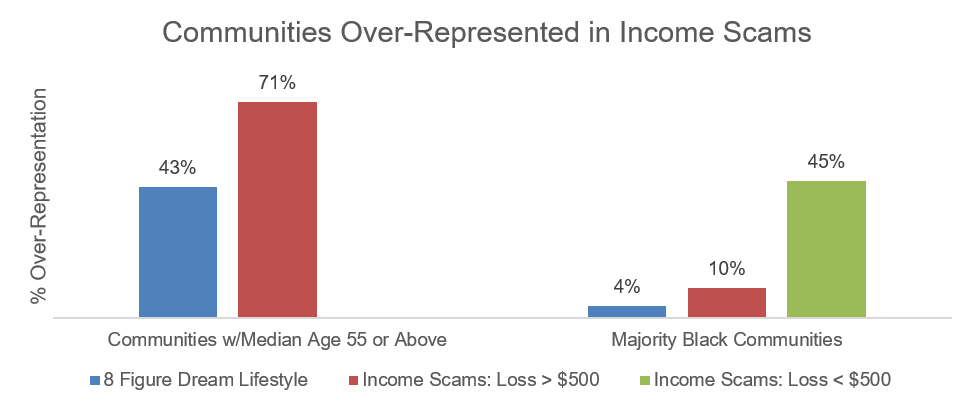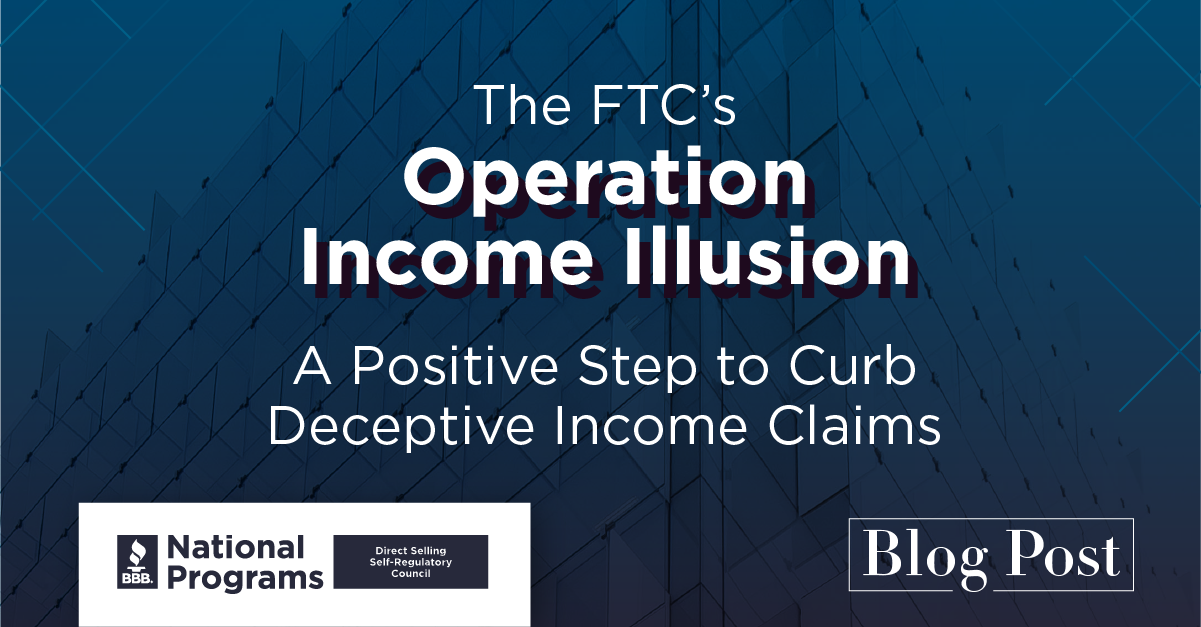Vidya Sethuraman
India Post News Service
The financial impact of the pandemic has created an environment that’s ripe for scammers. As consumers struggle with financial uncertainty in the COVID economy, promoters of questionable work-at-home offers, coaching programs, and other scams and schemes are contributing to the problem. Income-based scams have increased significantly because of the pandemic. In the first nine months of 2020, people looking for ways to earn money were cheated out of $150 million, according to new data from the Federal Trade Commission. The FTC officials briefed the Ethnic media on new information to share with their audience to help them spot and avoid scams targeting your communities.
 Kati Daffan and Rhonda Perkins, two lawyers in the FTC’s Division of Marketing Practices, spotlighted a variety of scams promoted in advertisements online or in TV, radio and newspapers.
Kati Daffan and Rhonda Perkins, two lawyers in the FTC’s Division of Marketing Practices, spotlighted a variety of scams promoted in advertisements online or in TV, radio and newspapers.
The Federal Trade Commission (FTC) has announced a new operation, Operation Income Illusion, to crack down on fraudsters targeting victims with fake promises of jobs or income . Operation Income Illusion will target over 50 law enforcement actions against those operating “work-from-home and employment scams, pyramid schemes, investment scams, bogus coaching courses” and other such scams, which the release stated can cost consumers thousands of dollars. A recent FTC analysis of customer data found that customers have reported losses of $610 million to these kinds of scams since 2016, with the number sitting at around $150 million for the first nine months of this year, according to call. Scams investigated in this particular sweep have netted over $1 billion from victims, said the official.
“At a time like this, when there’s so much financial hardship, we see many kinds of money making schemes spreading like wildfire, especially on social media,” said Kati Daffan, an assistant director in the FTC’s division of marketing practices. “Schemes like this are illegal because they’re inherently harmful.” Daffen says you should research the company and contact the FTC with your concerns.
If a company promises extravagant earnings, strongly emphasizes recruiting, or uses high-pressure sales tactics, it could be a pyramid scheme. “Sometimes a pyramid scheme might be trying to look like an MLM enterprise. We have some red flags that we encourage consumers to look out for,” said Daffen.
COVID Vaccine related scams are expected to skyrocket in coming months. If you get a call, text, email — or even someone knocking on your door — claiming they can get you early access to the vaccine, STOP. That’s a scam. Don’t pay for a promise of vaccine access or share personal information. Instead, report it to the FTC at ReportFraud.ftc.gov or file a complaint with your state or territory attorney general through www.consumerresources.org, the consumer website of the National Association of Attorneys General.
Both speakers urged everyone to contact the FTC with any suspicions. You can do so at www.ReportFraud.ftc.gov, or www.ReporteFraude.ftc.gov or by phone at (877) 382-4357.







